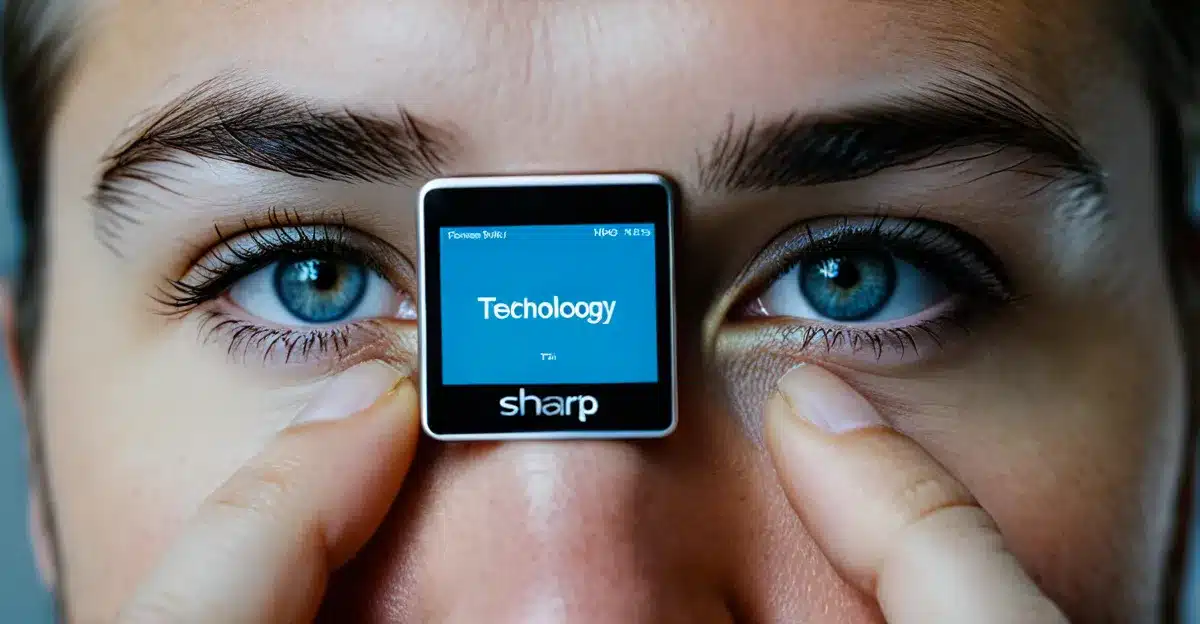Key Technologies Enhancing Personal Health in the UK
Technology is transforming personal health in the UK with an array of health technology UK innovations. Among the most popular are health apps, which help users track fitness, diet, and medication schedules conveniently on their smartphones. These apps often include features such as symptom checkers and mental health support, increasing accessibility to health management tools.
Wearable devices have also surged in popularity. Devices like fitness bands and smartwatches monitor heart rate, sleep quality, and physical activity, providing real-time data that encourages healthier lifestyle choices. Recent UK studies indicate that nearly one in three adults use some form of wearable, reflecting growing trust in these tools.
Also read : How Can Lifestyle Changes Impact Your Health and Well-Being in the UK?
Telehealth services represent a vital category of digital health tools. They allow patients to consult healthcare professionals remotely, reducing the need for hospital visits. This is particularly beneficial in rural areas or for those with mobility challenges. Online health platforms complement these services by offering appointment bookings, prescription refills, and access to medical records, all through secure, user-friendly interfaces.
Together, these technologies are shaping the future of healthcare in the UK, making personal health management more accessible, efficient, and tailored to individual needs.
This might interest you : What Are the Most Overlooked Benefits of Regular Exercise on Mental Health?
Popular Health Apps and Platforms Integrated in the UK
The UK boasts a range of health apps UK designed to empower users in managing their wellbeing. A prominent example is the NHS apps suite, including the NHS App itself, which offers access to digital appointments, prescription services, and summary health records. This platform exemplifies the government’s push for accessible, secure digital platforms supporting patient autonomy.
Beyond NHS offerings, mobile health applications like MyFitnessPal and Headspace are widely embraced. MyFitnessPal focuses on nutrition and exercise tracking, providing data-driven motivation for lifestyle changes. Headspace, on the other hand, delivers guided meditation, helping users manage stress, a vital component of holistic health management.
These apps share a commitment to enhancing self-management through user-friendly interfaces and real-time feedback. They exemplify how embracing technology can improve engagement and track progress effectively, combining the benefits of convenience with comprehensive health support.
Their widespread integration into everyday life underlines the government’s strategy to digitalize healthcare, ensuring that accessible, reliable health apps UK contribute to better outcomes while reducing pressures on traditional services.
Wearable Devices for Personal Health Monitoring
Wearable health tech has revolutionised how individuals monitor their wellbeing. In the UK, popular fitness trackers such as Fitbit and smartwatches like the Apple Watch provide comprehensive personal health tracking devices that go beyond step counting. These gadgets offer real-time tracking of vital signs, including heart rate, sleep patterns, and oxygen levels, delivering instant data to users.
Many smartwatches and fitness trackers UK models come equipped with features that support proactive health management. For example, reminders to move after periods of inactivity, hydration alerts, and even irregular heart rhythm notifications help users stay engaged and informed about their health.
Research on the effectiveness of wearable health tech in the UK shows promising results. Users report improved motivation for physical activity and enhanced awareness of health patterns. Some studies indicate that personal health tracking devices contribute to early detection of potential health issues by providing continuous monitoring outside clinical settings.
Overall, the blend of technology and convenience in wearables makes these devices invaluable tools for personal health improvement and everyday wellness management in the UK.
Telemedicine and Remote Healthcare Access
Telemedicine UK has revolutionised how patients access healthcare by enabling virtual GP consultations from the comfort of their homes. This shift allows individuals to schedule appointments without the need for physical travel, making healthcare more accessible for those in remote or underserved areas.
Online healthcare services extend beyond consultations. Many platforms now offer online prescription services, where patients can receive medications conveniently without visiting a pharmacy. Additionally, NHS remote services incorporate mental health support platforms that provide therapy and counselling virtually, ensuring timely assistance for mental wellbeing.
The impact of NHS remote services is significant; they reduce waiting times and ensure consistent medical support, especially for patients with mobility challenges or those living far from healthcare facilities. For example, a person with a chronic condition can have regular check-ins and prescription refills via telemedicine UK platforms, maintaining continuous care with fewer disruptions.
By integrating virtual GP consultations and online healthcare tools, telemedicine UK has markedly improved healthcare accessibility nationwide, fostering a more inclusive system tailored to modern patient needs.
Digital Health Integration with NHS Services
The NHS digital health landscape is evolving rapidly, with seamless NHS integration at its core. Key digital tools include patient portals, electronic health records (EHRs), and online NHS services such as appointment bookings, which collectively enhance healthcare delivery. These digital solutions empower patients by making health information and services accessible anytime, reducing the need for physical visits.
Electronic health records play a pivotal role by providing healthcare professionals instant access to comprehensive patient histories. This access improves diagnosis speed and precision, facilitating better care coordination across NHS departments. However, integrating these records within the broader NHS system poses challenges such as data privacy concerns, interoperability between legacy systems, and ensuring consistent updates.
NHS-approved apps have significantly impacted patient care, offering functionalities like medication reminders, symptom tracking, and teleconsultations. These apps are carefully evaluated to comply with NHS standards, ensuring reliability and security for users. The combination of digital health tools and NHS integration not only streamlines workflows but also fosters proactive patient engagement, ultimately improving health outcomes within the NHS framework.
Data Privacy and Accessibility Considerations in the UK
Navigating health data privacy UK frameworks is crucial for patients and providers alike. The UK adheres to strict regulations such as the General Data Protection Regulation (GDPR) and NHS data protection guidelines, which emphasize consent, transparency, and secure handling of digital health information. Under these rules, any use of personal health data must ensure confidentiality and limit access strictly to authorized personnel, reducing risks of breaches or misuse.
Digital health security is not only about compliance but also building patient trust. Innovative systems incorporate encryption, regular audits, and user authentication protocols to safeguard sensitive data. These measures address widespread privacy concerns, helping users feel secure when engaging with online health services.
However, digital inclusivity remains a persistent challenge. To ensure equitable access, the NHS and other health providers actively develop platforms compatible with various devices and assist those with limited digital skills. Accessibility considerations also include multilingual support and accommodations for disabilities, ensuring no resident is excluded from digital health resources. Balancing robust privacy standards with user-friendly design is key to fostering a secure, inclusive digital health environment across the UK.
Future Trends and Opportunities for Personal Health Technology in the UK
The future health technology UK landscape is rapidly evolving, driven by breakthroughs in AI and predictive analytics. These tools enable personalised health solutions, tailoring care to individual needs more effectively than ever before. Such health tech innovation is transforming how people monitor and manage conditions, improving outcomes through real-time data analysis.
Government initiatives remain pivotal in advancing digital health trends UK. Continuous funding supports integration of cutting-edge tools into the NHS and private care, aiming to streamline services and enhance accessibility. This commitment underlines the UK’s strategic focus on fostering innovation while addressing system-wide challenges.
Beyond technology itself, the potential impact on healthcare equality is profound. Digital health trends UK can empower underserved populations by increasing access to personalised care and health education. This approach encourages proactive health management, reducing disparities that have long existed in traditional care models.
As these trends unfold, individuals can anticipate more control over their health journeys. Embracing future health technology UK promises a shift towards more equitable, efficient, and user-centred healthcare across the country.









